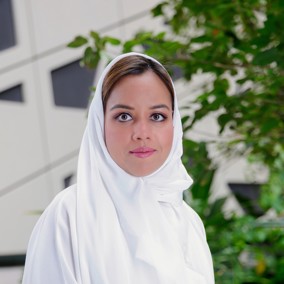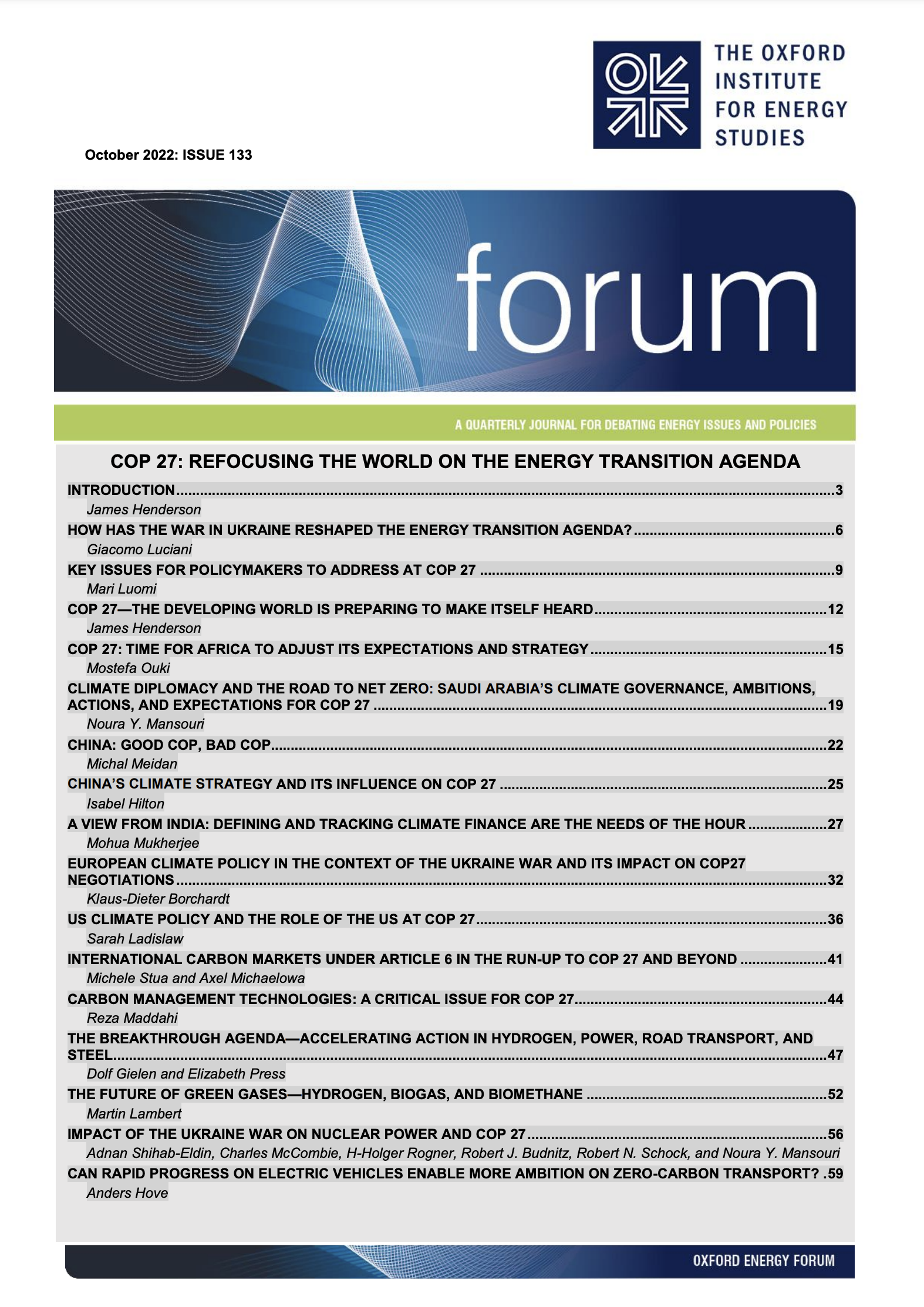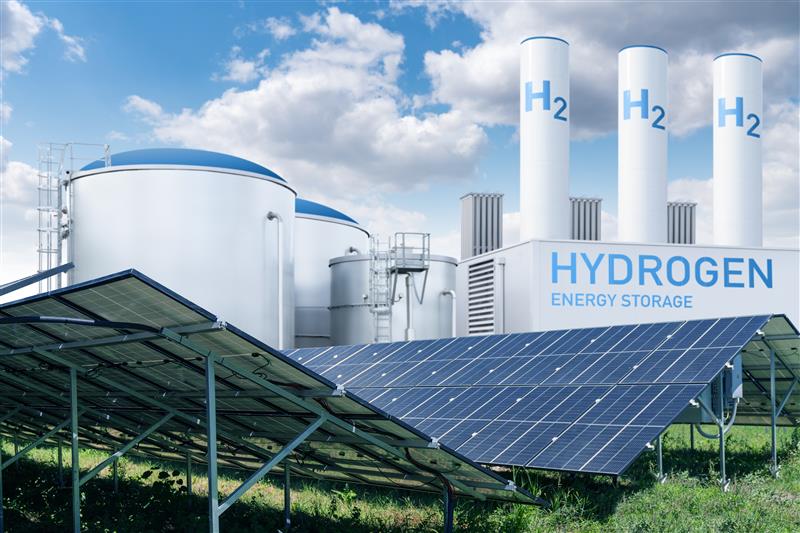

Primary Program

About
Noura Youssef Mansouri is a Senior Fellow in the Climate and Sustainability Program at KAPSARC, where she leads research on Circular Carbon Economy frameworks, nuclear energy, and Nationally Determined Contributions implementation. In 2025, she earned her Mid-Career Master of Public Administration from Harvard Kennedy School, where she was recognized as both a John F. Kennedy Fellow and an Edward S. Mason Fellow. With over two decades of experience spanning policy research, international advisory, and national planning, she has led major climate and energy projects, co-chaired G20 T20 task forces, and contributed directly to national strategies and global dialogue. Noura also holds an MBA and a Ph.D. from the University of London and completed a postdoctoral fellowship at MIT. She has published extensively, including Greening the Black Gold: Saudi Arabia’s Quest for Clean Energy, and served as lead co-chair of the T20 Task Force on Climate and Energy Transition under multiple G20 presidencies. Her research interests include carbon management, hydrogen innovation, nuclear energy, and climate policy.
Education
2025
Harvard Kennedy School
Mid-Career Master of Public Administration
2005-12-01 - 2013-11-30
Queen Mary University of London
PhD - Energy, Economics, Environment, Engineering, Technology Innovation, Clean Energy
2003-01-09 - 2004-01-08
Queen Mary University of London
Master - Business Administration
1999-01-01 - 2003-01-01
Dar Al-Hekma University
Bachelor - Management Information System
Publications

12 January 2025
Roadmap for Carbon Capture, Utilization, and Storage (CCUS) in Saudi Arabia Insights From Stakeholder Engagement and Expert SurveyThis paper presents the findings of a survey conducted by KAPSARC, focusing on the role of Carbon Capture and Storage (CCS) technology within the framework of Circular Carbon Economy (CCE). The survey, part of the CCE Roadmaps project, aimed to gather insights from diverse stakeholde...

09 December 2024
Towards a CCS National Strategy and Roadmap for Saudi ArabiaSaudi Arabia, the world’s largest oil exporter, has long been associated with the production and consumption of hydroacrbons. However, with the increasing concerns over climate change and the urgent need to reduce greenhouse gas emissions, the country has started to explore and inves...

13 November 2023
Energy Policy Pathways to Inform Climate Policy in Saudi Arabiae). In this regard, this paper contributes a modeling view of the climate-related effects of various energy policies on the Saudi energy system. The baseline entails the continued progression of current domestic policies ...2 emissions equal to those displayed in the announced policies.

23 August 2022
Keeping the Nuclear Energy Option OpenNuclear energy is already playing a crucial role in reducing emissions from electricity generation. However, if this role is not expanded, achieving the international goal of avoiding unacceptable global climate change will be extremely difficult. The evidence presented in this study...

09 March 2020
Toward A Sustainable Agriculture Sector: Policy Options for Reducing Water Use in Abu Dhabi’s Agriculture SectorWater shortages are a global challenge, with one third of the world’s population still without access to clean water. Gulf Cooperation Council (GCC) countries face a scarcity of water resources due to their dry climates. The United Arab Emirates’ (UAE’s) renewable water resourc...














